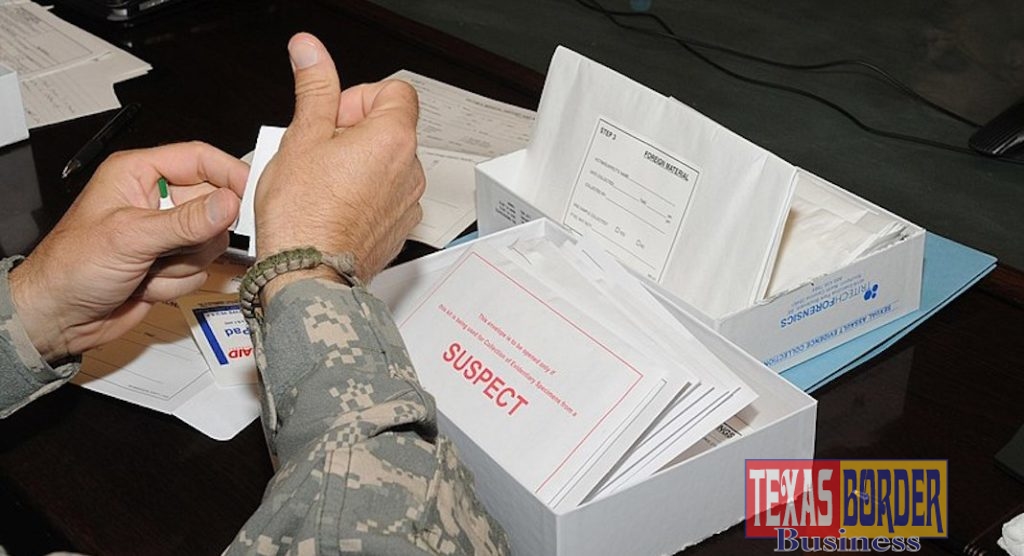Funds for DNA Evidence Testing Held Hostage by House Democrats After Passing the Senate Unanimously

Texas Border Business
ODESSA – U.S. Senator John Cornyn (R-TX) released the following statement calling on House Democrats to pass the Debbie Smith Act of 2019, which would reauthorize the Debbie Smith Act and dedicate much-needed resources to state and local law enforcement agencies to conduct forensic analyses of crime scenes, including untested rape kits.
“For more than a decade, the Debbie Smith Act has reduced the backlog of untested kits nationwide and taken predators off our streets,” Sen. Cornyn said. “The Senate unanimously passed this critical legislation almost four months ago, and the House has yet to act. House Democrats must put partisanship aside and vote to support these survivors before this critical program lapses.”
Advocates are holding a press conference today, and attendees include the namesake of the legislation, Debbie Smith, and representatives from RAINN, the National District Attorneys Association, and others.
This legislation would reauthorize the Debbie Smith Act to continue the testing of DNA evidence, including rape kits, from unsolved crimes nationwide, DNA training and education for law enforcement, correctional personnel, and court officers, and the Sexual Assault Forensic Exam Program, which supports forensic nurse training throughout the country. Senators Dianne Feinstein (D-CA), Amy Klobuchar (D-MN), Joni Ernst (R-IA), Patrick Leahy (D-VT), Martha McSally (R-AZ), Richard Blumenthal (D-CT), Thom Tillis (R-NC), Marsha Blackburn (R-TN), Richard Burr (R-NC), Mike Crapo (R-ID), Josh Hawley (R-MO), Tim Scott (R-SC), Mike Braun (R-IN), John Kennedy (R-LA), Dick Durbin (D-IL), Chuck Grassley (R-IA), Maria Cantwell (D-WA), Jeanne Shaheen (D-NH), Catherine Cortez Masto (D-NV), Susan Collins (R-ME), and Deb Fischer (R-NE) are cosponsors.
Background on the Debbie Smith Act:
The Debbie Smith Act was originally signed into law in 2004 to provide local and state crime laboratories resources to end the backlog of untested DNA evidence from unsolved crimes, analyze DNA samples, and increase the capacity to process DNA in order to guard against future backlogs. Since it became law, more than 641,000 DNA cases have been processed. In addition to crime scene evidence, Debbie Smith funds are also utilized to process offender DNA samples to ensure evidence from unsolved crimes can be matched against a database of known offenders, similar to the criminal fingerprint databases.















